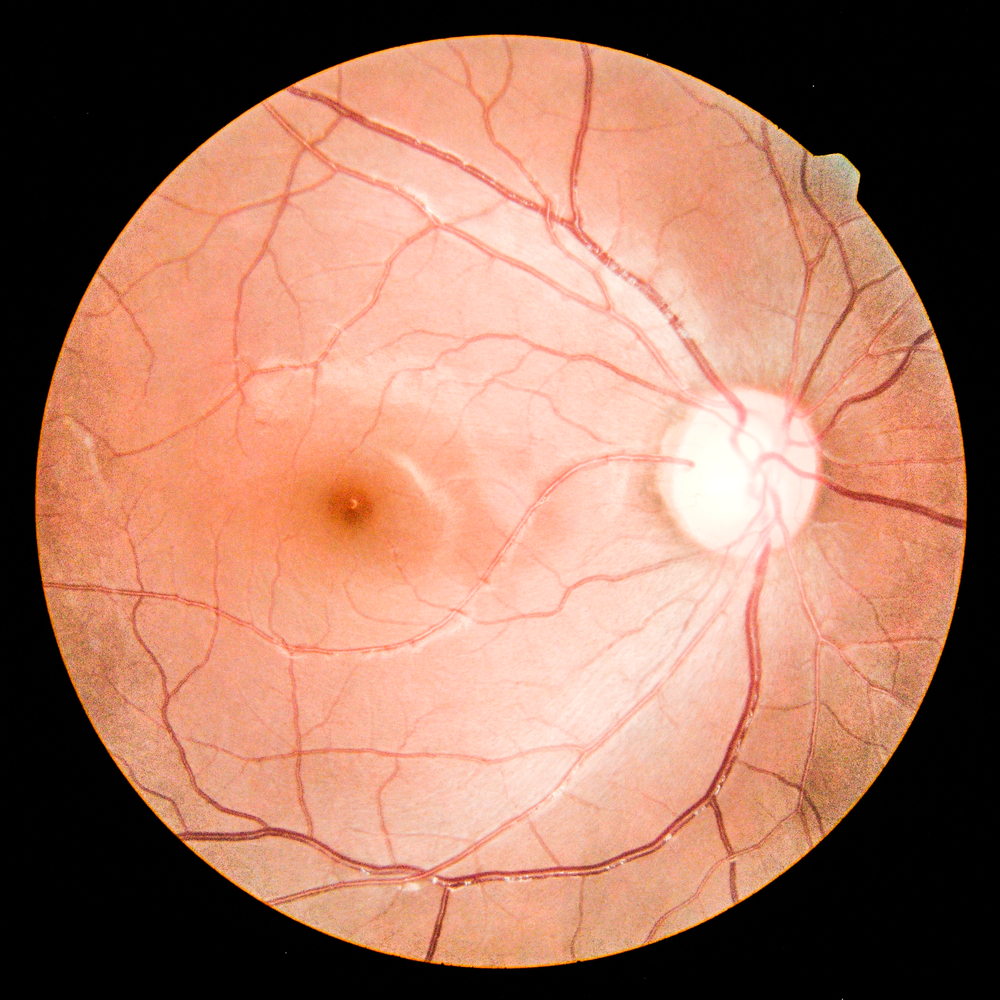Diabetic Eye Disease: Why Regular Eye Exams Are Crucial

If you have diabetes, protecting your vision should be a top priority. Diabetes affects many systems in the body, and your eyes are no exception. One of the most serious complications is diabetic eye disease, a group of vision-related conditions that can lead to blindness if not detected and treated early. Routine eye exams are one of the best ways to safeguard your sight.
What Is Diabetic Retinopathy?
Diabetic retinopathy is the most common form of diabetic eye disease. It occurs when high blood sugar levels damage the tiny blood vessels in the retina. Over time, these damaged vessels may leak fluid, bleed, or cause the growth of abnormal blood vessels, leading to vision impairment or even blindness. Early stages of diabetic retinopathy often present no symptoms, which is why it can go unnoticed until significant vision loss occurs.
As the disease progresses, patients may experience:
Blurry or fluctuating vision
Dark spots or floaters
Impaired color vision
Difficulty seeing at night
Other Diabetic-Related Eye Conditions
While diabetic retinopathy is the most well-known, diabetes can lead to several other eye problems, including:
Diabetic Macular Edema (DME): A complication of diabetic retinopathy that causes swelling in the macula, the central part of the retina responsible for sharp vision.
Cataracts: People with diabetes are more likely to develop cataracts at a younger age.
Glaucoma: Diabetes doubles the risk of glaucoma, a condition that damages the optic nerve and leads to gradual vision loss.
Why Regular Eye Exams Are Crucial
Regular comprehensive eye exams are essential for early detection and management of diabetic eye disease. Many of these conditions develop silently, without any noticeable symptoms until damage has already occurred.
A dilated eye exam allows your eye doctor to examine the retina and detect early signs of damage, often before you notice any changes in your vision. Early diagnosis makes it possible to start treatment or make lifestyle changes that can slow or prevent disease progression.
Protect Your Vision at Quality Eye Care
If you have diabetes, don’t wait for symptoms to appear before scheduling an eye exam. At Quality Eye Care, we specialize in diabetic eye care and use advanced diagnostic tools to detect and monitor even the earliest signs of diabetic eye disease. Our goal is to help you preserve your vision and protect your quality of life.
Schedule your routine eye exam at Quality Eye Care and stay ahead of diabetic eye disease before it impacts your vision and daily life. Contact our office in Jacksonville, Florida, by calling (904) 601-1300 to book an appointment today.







